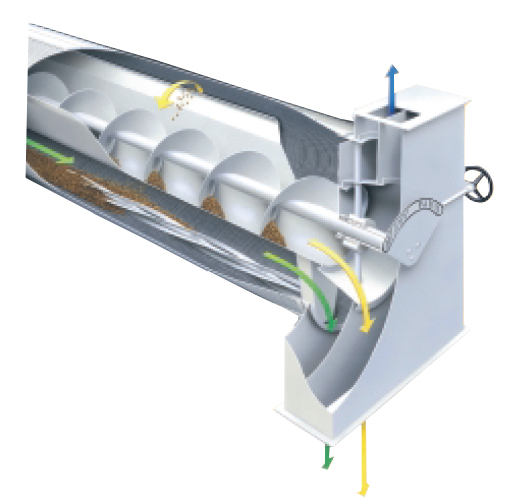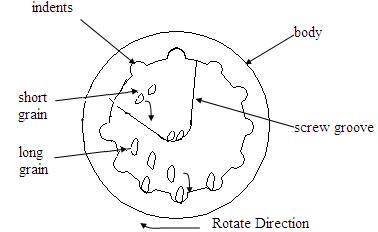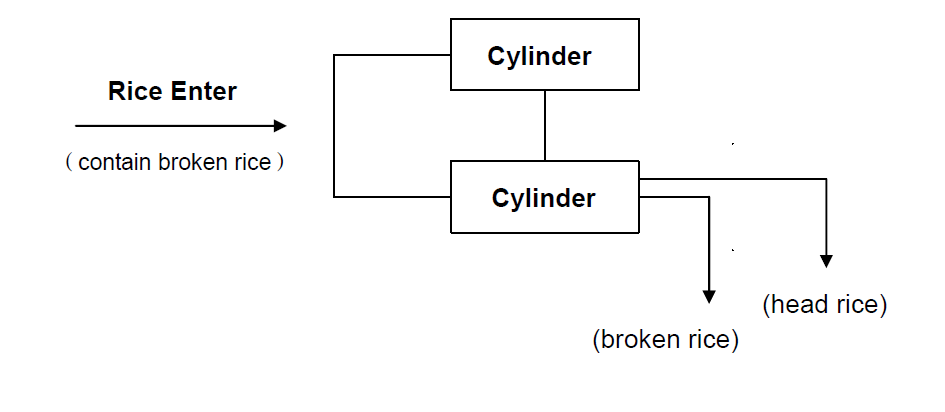Second, the processing equipment requirements. Should use environmentally friendly famous tea processing machinery and equipment, such as multi-function machine, fixing machine, the whole machine. The stoves and hot blast stoves for bulk tea processing equipment should be located outside the processing workshop wall. Newly-purchased equipment should remove rust-proof oil on the surface of materials. At the beginning of each tea season, the processing equipment is cleaned, descaled and maintained.
Third, processing personnel requirements. The processing staff have undergone production training before taking up posts to master processing technology and operational skills. Every year, a health check is performed. The processing personnel should maintain personal hygiene and should wash their hands, change clothes, change shoes, and wear caps when entering the workplace.
Fourth, processing technology. Fresh leaves should come from pollution-free tea gardens and should not be mixed with Other fresh leaves of unknown origin. Fresh leaves and Maocha are acquired strictly in accordance with the acceptance criteria, and it is not possible to purchase fresh leaves and tea leaves that are adulterated, contain non-tea materials, and have inferior quality. Fresh leaves should be reasonably stored green, the ground storage of fresh leaves stacking thickness should not exceed 30 cm, according to relevant corporate standards, industry standards processing bar, flat, needle, curl type famous tea and Chaoqing, baking green tea. According to the varieties, grades or raw materials of fresh leaves, the corresponding processing technology is adopted to ensure the normal quality of products. Tea leaves are not in direct contact with the ground during processing. Packaging materials must meet food requirements.
Fifth, farmer processing requirements. There should be a dedicated site for processing tea and there are facilities to stop poultry and livestock from entering and processing facilities. The processing site should not store other debris during processing. Pots and stoves for processing tea should be used exclusively, and daily-use cooking utensils should not be used to process tea. Tea should not be directly contacted with the ground during processing. Before frying tea, wash your hands with potable water, change shoes when entering the processing site, and do not smoke or spitting at the processing site. Finished tea should be stored in a dry, closed, dark, cool place. Paper packaging tea leaves that do not use newspapers and other inks are not allowed to use polyvinyl chloride and polystyrene materials for tea packaging. To promote the transformation of farmer households into centralized and unified processing according to standards.
Indented cylinder separator is used for length grading of all granular materials, such as wheat, oat, maize, rice, fine seeds, lentils, sticks from sunflower or sugar beet, plastic particles, etc., as well as for the extraction of unwanted short or long admixtures.
Through the inlet housing, the granular material to be graded flows into the interior of the rotating cylinder, whose cover is equipped with special deep-drawn teardrop or spherical-shaped pockets for the most precise length separation. The rotating speed, rotating direction and the size of the dimple will be decided by size and impurities in different processing materials.
ADVANTAGES
Wide application
Changeable cylinders meet different materials
Easy operation and maintenance
Connection combination available



Indented Cylinder
Indented Cylinder,Rice Paddy Grader,Seed Length Grader,Rice Grading Machine
SHIJIAZHUANG SYNMEC INTERNATIONAL TRADING LIMITED , https://www.seedgraincleaner.com